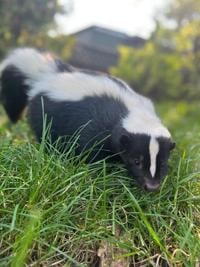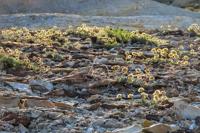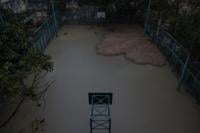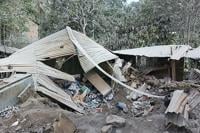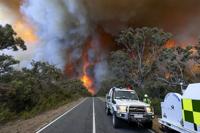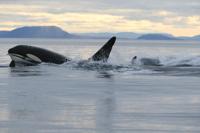RICHMOND - Seven skunks showing signs of poisoning have died in Richmond, B.C., prompting warnings for residents to show more care when using rat poison.
Critter Care Wildlife Society says the animals were dead or dying when they were brought in its wildlife rehabilitation centre between Feb. 9 and 16.
Wildlife technician Emma Robson says the skunks all showed “severe signs of poisoning,” including seizures and foaming at the mouth, with three dying on their way to the centre and the rest having to be euthanized.
Robson says she suspects the skunks ate rat poison and urged people to show more awareness of the effects of poison on the food chain.
City of Richmond spokesman Clay Adams says the city is waiting on toxicology tests to find out what killed the skunks.
He says rat poison is banned on city-owned property because of the risks to other animals and birds, but the city could not prevent its use on private property.
Robson says the skunks that arrived at Critter Care were beyond help.
“I was here for some of them when they arrived. Most of the ones that came in either in full-body seizure or some of them were completely unresponsive. So, their eyes were not responding to light and they weren’t responding to pain,” she said.
“At that point, there is not a turnaround for them.”
Lesley Fox, executive director of the wildlife protection charity Fur Bearers, said she had never known of so many skunks’ dying in such a short period, suggesting "a very large quantity of poison" was used in the area of south Richmond where they were found.
“It really concerns everyone because there is a ripple effect with poison. It permeates into everything,” she said.
She said a poisoned rat could in turn be eaten by an owl, a coyote, or someone’s pet, killing them too.
Deliberately using poison to kill skunks is an offence under BC’s Wildlife Act, said Fox, adding it was unclear if the animals that died recently were targeted.
Fox said Fur Bearers contacted provincial and federal agencies about the skunks' deaths but they were not investigating.
"That's partly I think because skunks fall outside the mandate of many of these organizations, and I think there's a little bit of an attitude that the legislation doesn't really value skunks as a highly important species," said Fox.
— By Nono Shen in Vancouver
This report by ������ϲʹ������� was first published Feb. 21, 2023.
This story was produced with the financial assistance of the Meta and Canadian Press News Fellowship.


